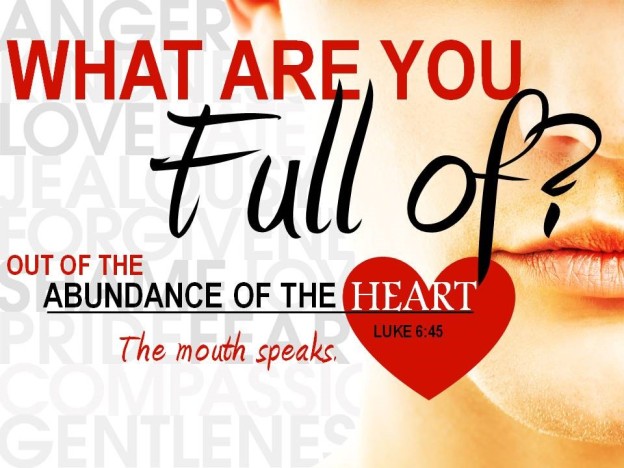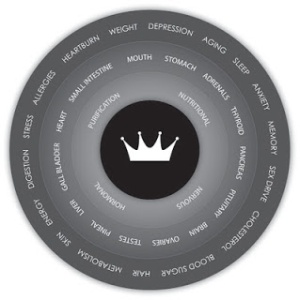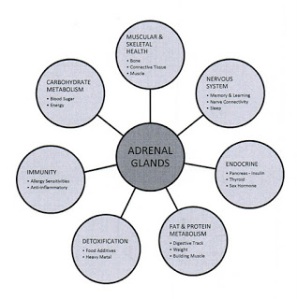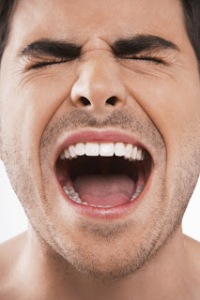
The mouth is the window to the body. This passage resonated within me more in the last year than it had in the last 12 years of my career. You see, I should know better. I am an informed clinician, trained in the Bale-Doneen Method of heart attack, stroke and diabetes prevention and I know how to avoid fatal events. I have been completely captivated in the utilization of genetic testing and inflammatory markers to access the risk of an individual patient and customize care. I also know that there is an oral-systemic link to cardiovascular disease and total body inflammation. Unfortunately, this past year, I was quickly reminded how much of a link there truly is between your oral health and your cardiovascular system. With February being dedicated towards heart health awareness, I would like to share a little of my story to show you how quickly things can go from perfectly normal to being at risk for a cardiovascular event.
I have attempted to practice what I preach for several years now. I didn’t want to be a 50 pound over weight couch potato telling other people to be active. I have taken a nutritional supplement and cleansing product called Isagenix for a few years now and also worked out at Tier One doing Cross-fit and jiu-jitsu, that is, until just over a year ago.
I have always been open-minded with patients that have come in and struggled with weight, diet, or exercise issues. I have heard countless stories of how this injury or that injury has slowed down progress at the gym or caused mobility to take a hit thus allowing for major weight fluctuations. Some stories were believable. Others, well, let’s just say that after 10 years some people never made it back to working out. However my 2013-14 year left me with some injuries that have made it difficult to recover. I literally became the patient with the same complaints. I gained weight, had a change in mood and felt the physical symptoms so many complain about: Fatigue, joint pain, headaches, sluggishness, back pain to name a few. Needless to say, I was grateful to work through them and have been back into the grove of working out. That is with one exception.
My right sinus area over my cheekbone was sensitive. It didn’t hurt, it just ached. I ignored it and chalked it up to sinus issues and allergies I mean, this is Texas. However, while physically I was improving, the state of my internal well-being had declined significantly. Already “blessed” with a significant history of heart disease, diabetes, lupus and high cholesterol in my family (thanks mom and dad), the last thing I needed was new onset of these issues in my chart. Unfortunately, my worst nightmare came true this last summer when I had my advanced screening.
At Relevance Total Health, we go above the standard of care and practice optimal care in an effort to get to the root of disease. This does not only include medical evaluation but an in depth dental screening and evaluation. Arterial wellness is absolutely instrumental in maintaining your body systems and keeping them healthy. Your arterial system is the most important organ system as it supplies all your other tissues and organs with the vital nutrients and oxygen you need to live. We test the stability of your arterial wellness by using genetics, diagnostic tests, like carotid ultrasound, and inflammatory markers to tell us if you are truly at risk or not, we call it our “hot” or “not” program for initial screening. Most of my testing was fine with the exception of a few inflammatory markers. My blood pressure was normal. My sugar was normal. Weight was improving. If the mouth is truly the “window” could this be something oral? Could that pain in my jaw/cheek actually be from an issue in the mouth, teeth or gums?
After long discussion and thorough evaluation with Dr. Jill Wade and her team at Stonebriar Smile Design, we found out that my oral health wasn’t up to par. I was questioned about my jiu-jitsu and trauma to my mouth. We discussed a time when I was defending a rear naked choke that caused a significant amount of pain in my mouth due to the pressure applied to my cheek/jaw rather than the carotid artery, which is typically restricted of blood flow. I remember being sore and thinking I was elbowed. Dr. Wade utilized custom tests to rule out two possible causes of burden to my overall health: oral DNA to rule out periodontal disease and 3-D cone beam x-ray to rule out dental infection or fracture of a tooth.
The results were shocking. Not only did I have 2 or 3 of the most common bacteria found in the deadly plaques that cause heart attack and stroke, I also had a fracture through my tooth to the maxillary bone. I had been x-rayed a few months prior and told that everything looked “OK”. Unfortunately the “standard” x-ray doesn’t always see everything. The 3-D cone beam uses digital technology to get a comprehensive view and produce images like a cat scan. Part of my inflammatory issues, were in my mouth! I was promptly referred to an oral surgeon, had my tooth removed, and implant placed. I have had NO cheek pain, and my markers are improving.
In my vanity, I was nervous about missing a tooth for a few weeks. Well, let me tell you, I’m grateful to be a LIVING jack-o-lantern (I get my implant crown next week) rather than being DEAD with a mouth full of teeth. My momma still thinks I’m handsome.






